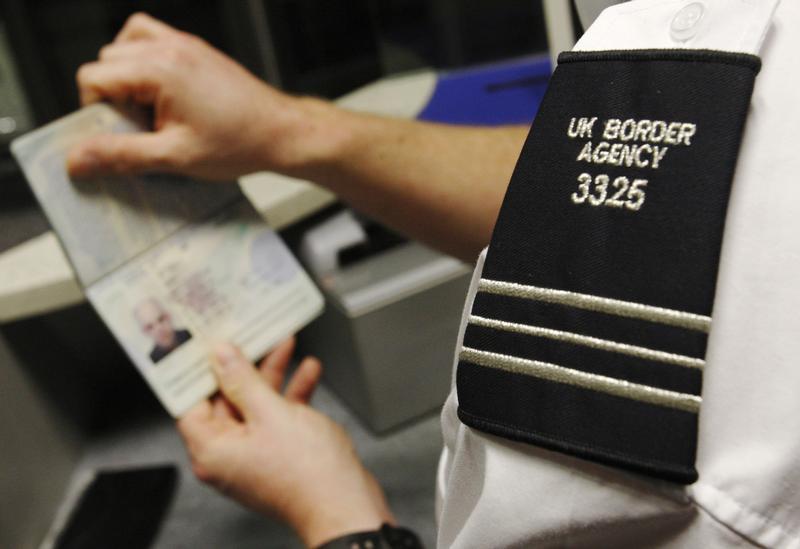UK police authorised to seize mobile data at the border without reasonable suspicion
Data can include phone contacts, text and email metadata, photos and call history

Police are using counter-terrorism laws to confiscate mobile devices from individuals travelling through UK air, sea and rail hubs and then download their data. Such seizures can be carried out without grounds for suspicion and the information taken can be held for “as long as is necessary.”
News of this practice comes from a report in The Telegraph, who spoke to David Anderson QC, the independent reviewer of terrorism laws. Mr Anderson is expected to flag his concerns over these powers in his annual report this week and call for proper oversight to ensure the power is not abused.
“Information downloaded from mobile phones seized at ports has been very useful in disrupting terrorists and bringing them to justice,” said Mr Anderson. “But ordinary travellers need to know that their private information will not be taken without good reason, or retained by the police for any longer than is necessary.”
Information taken can include call history, metadata of emails and texts, any photos taken, as well as the individuals’ address book. Up to 60,000 people are stopped each year as they enter or return to the UK under powers created by the Terrorism Act 2000. It’s unknown, however, how many individuals have had their phone data taken.
Commenting on the news, Dr Gus Hosein of the campaign group Privacy International said: “Seizing and downloading your phone data is the modern equivalent of searching your home and office, searching through family albums and business records alike, and identifying all your friends and family, then keeping this information for years.”
“Under law, seizing a mobile phone should be only when the phone is essential to an investigation, and then even certain rules should apply. Without these rules, everyone should be worried.”
Subscribe to Independent Premium to bookmark this article
Want to bookmark your favourite articles and stories to read or reference later? Start your Independent Premium subscription today.

Join our commenting forum
Join thought-provoking conversations, follow other Independent readers and see their replies